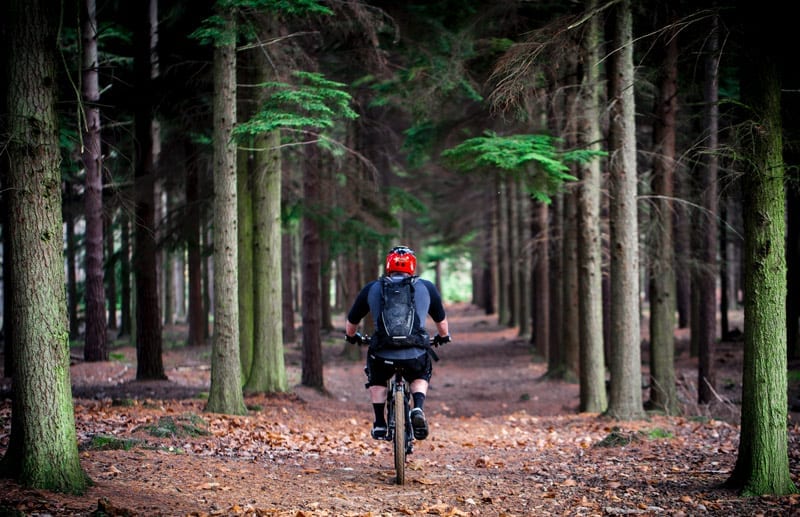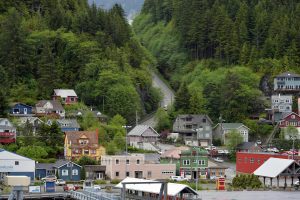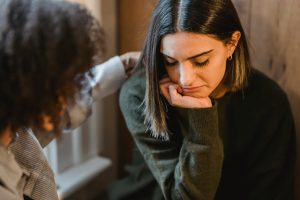An average adult should have seven to nine hours of sleep per day. Getting enough sleep is essential for a healthy mind and body. It is when we are asleep that the body gets the chance to rest from a day’s hard work and is rejuvenated in readiness for the following day’s activities. However, did you know that our daily activities or lack of them can affect our sleep? Well, let’s look at how outdoor activities affect our sleep.
1. Outdoor physical exercise
Engaging our bodies in outdoor physical activities daily benefits our sleep in many ways. First, exercise triggers the body to release endorphins, otherwise known as the happy molecules. It also helps in the release of neurotransmitters such as serotonin and dopamine that help in calming our bodies. When we are happy, and our bodies are relaxed, we fall asleep easily.
Secondly, physical activities use a lot of energy, leaving the body tired and worn out. The effect will be falling asleep as soon as your head hits the pillow. In addition, tiredness increases the time we spend in the deep sleep phase. This phase is important as most physical restoration of the body happens here. Better rest leads to improved immune function to keep illnesses away as well as improved cardiac health to keep cardiovascular diseases at bay.
If you are battling with sleep diseases such as obstructive sleep apnea or insomnia, it’s about time you looked to the outdoors for some exercise. Don’t let that knee injury keep you from enjoying the sleep benefits that come with exercise. Invest in a motorized bicycle as you will not need to use your legs as much.
2. Soothing outdoor sceneries
Stepping outside for fresh air when we are feeling overwhelmed and stressed almost comes naturally. This is because nature has a soothing effect on our bodies. In addition, there is more oxygen in the fresh air outside as compared to indoors. Typically, our bodies tend to work harder when inside than outside, which increases blood pressure and heart rate.
Taking a picnic on the mountains, gazing at the beautiful scenery, swaying branches, and hearing the sound of the ocean’s waves calms the body. When we take a walk through the park or the woods, the soothing experience takes stress away and boosts our mood.
When our bodies are relaxed and calm, our thoughts are in line; our sleep is affected in a good way. We fall asleep a lot faster and for longer. This is why kids should play outside more to improve their sleep and keep them alert and able to concentrate in school.
3. Exposure to sunlight
Outdoor activities expose us to natural sunlight, which is essential in regulating our internal clock. The internal clock helps in telling the body when it is day and when it is night, hence the timing of our sleep time.
Nowadays, due to artificial light from bulbs and electric gadgets such as television, our sleep patterns have greatly been affected for the worse. It’s not abnormal to find people sleeping late at night because of the exposure to electric light, which alters the internal clock. The same thing happens when we are exposed to light in the middle of our sleep, and in return, it becomes difficult to fall back asleep.
Exposing our bodies to artificial light at night suppresses the production of melatonin enzymes. These enzymes are produced at night, and they are responsible for helping us sleep. To reset our internal clock and regulate sleep/wake cycles, our bodies must be exposed more to the natural light outside in the morning and early afternoon.
When our wake/sleep cycle is as it should be, we tend to stay more alert during the day, and we fall naturally asleep at night. Sunlight also has a soothing effect on our bodies, which helps in boosting our moods and reducing anxiety, making us sleep better.
Conclusion
As discussed above, outdoor activities help us sleep better and wake up feeling rested to take on the day. Let us limit our time indoors and maximize our time doing outdoor activities as they alleviate anxiety and reduce stress. It is also time we regulate the artificial light we get from our gadgets, turning off our devices, and turning in early will ensure we benefit from quality sleep.
About the Author: Michael Carpenter is a professional cyclist and outdoor enthusiast. He has more than ten years of experience in biking and is a huge fan of electric bikes and mountain bike races. In his free time, you can find Michael reading, writing, and spending time with his family.
Photo by Carl Winterbourne on Unsplash
The opinions and views expressed in this guest blog do not necessarily reflect those of www.rtor.org or its sponsor, Laurel House, Inc. The author and www.rtor.org have no affiliations with any products or services mentioned in this article or linked to herein.





